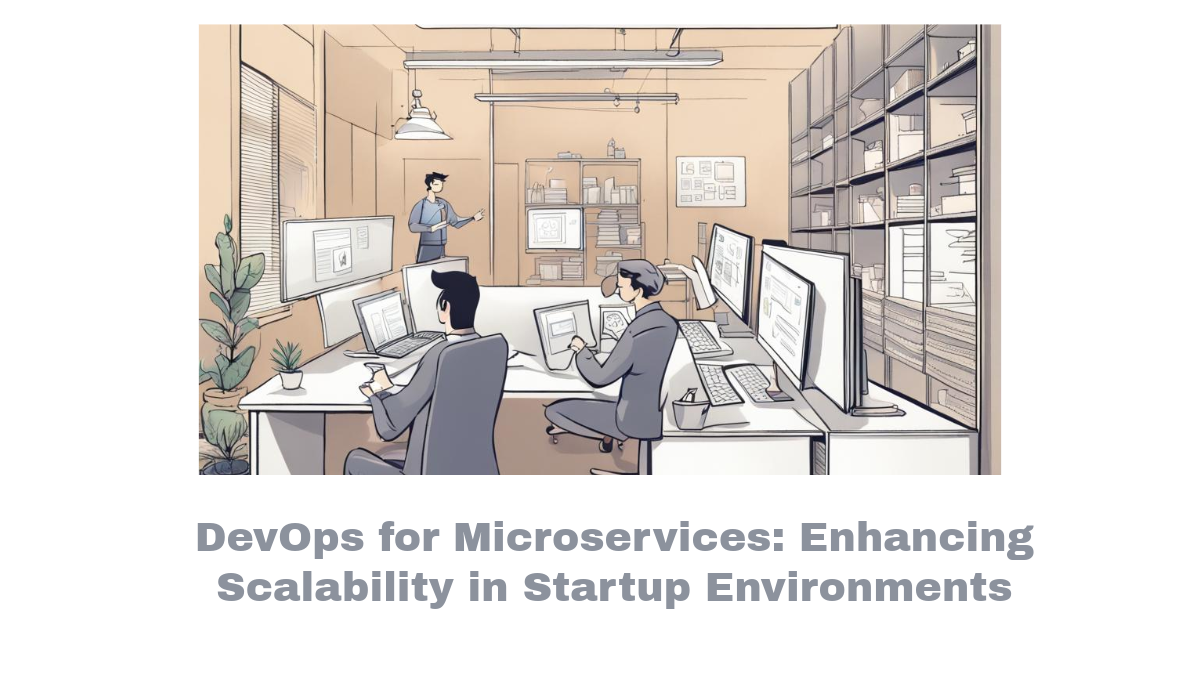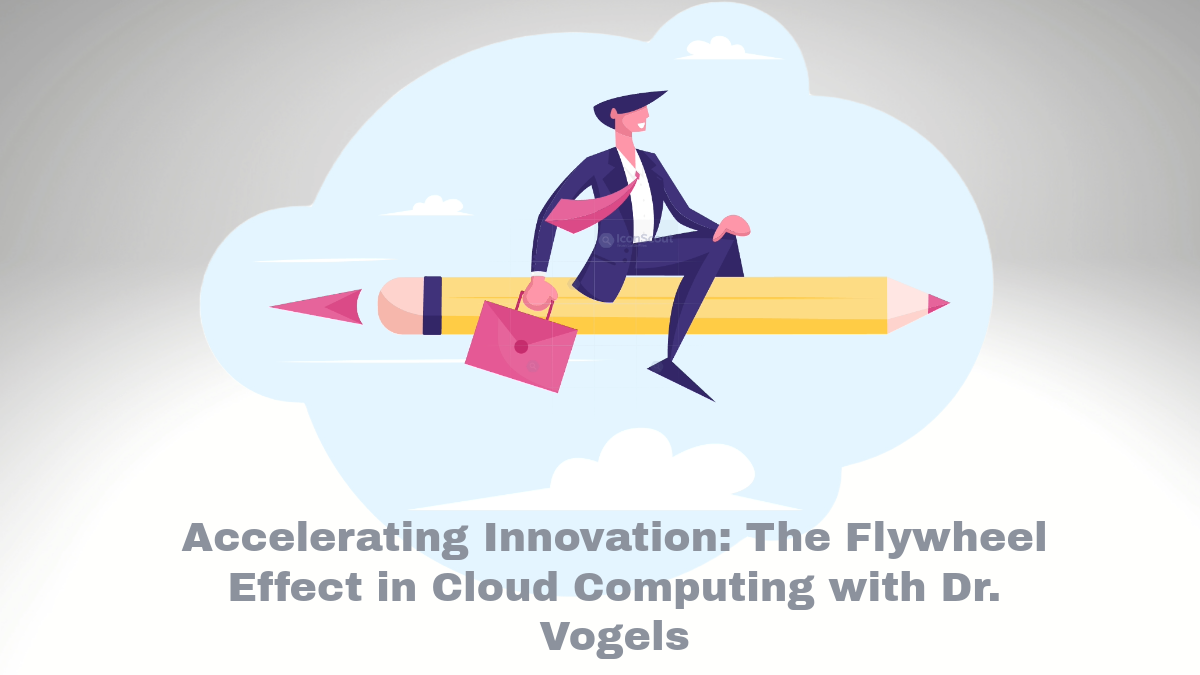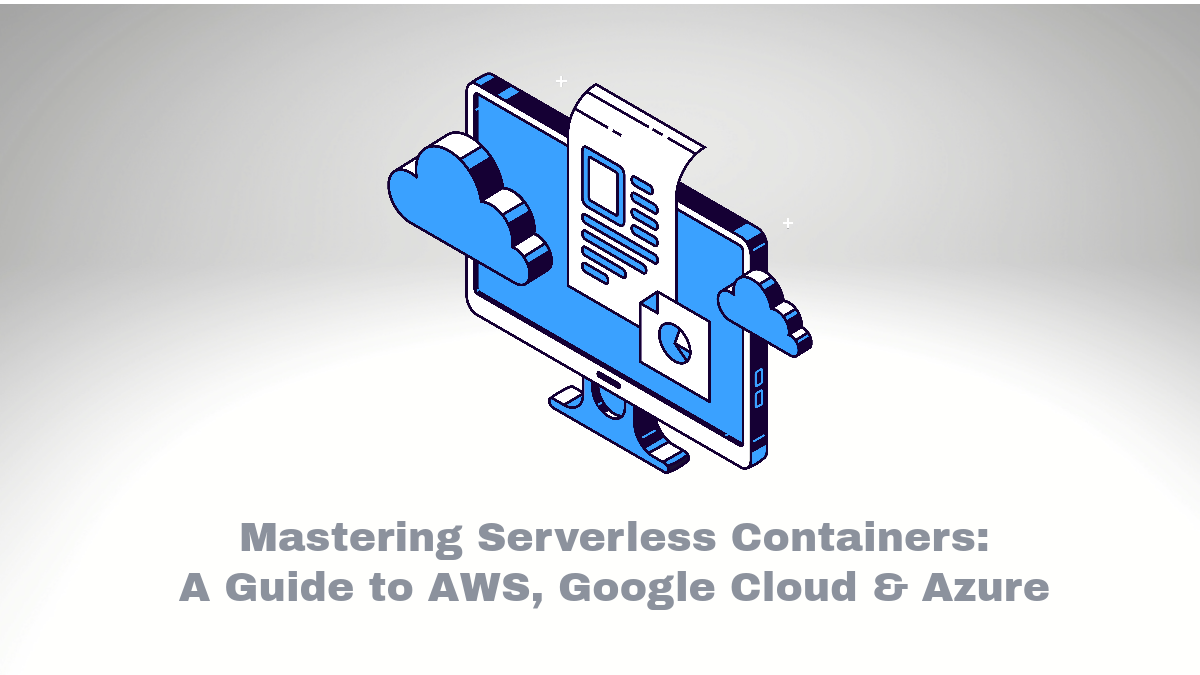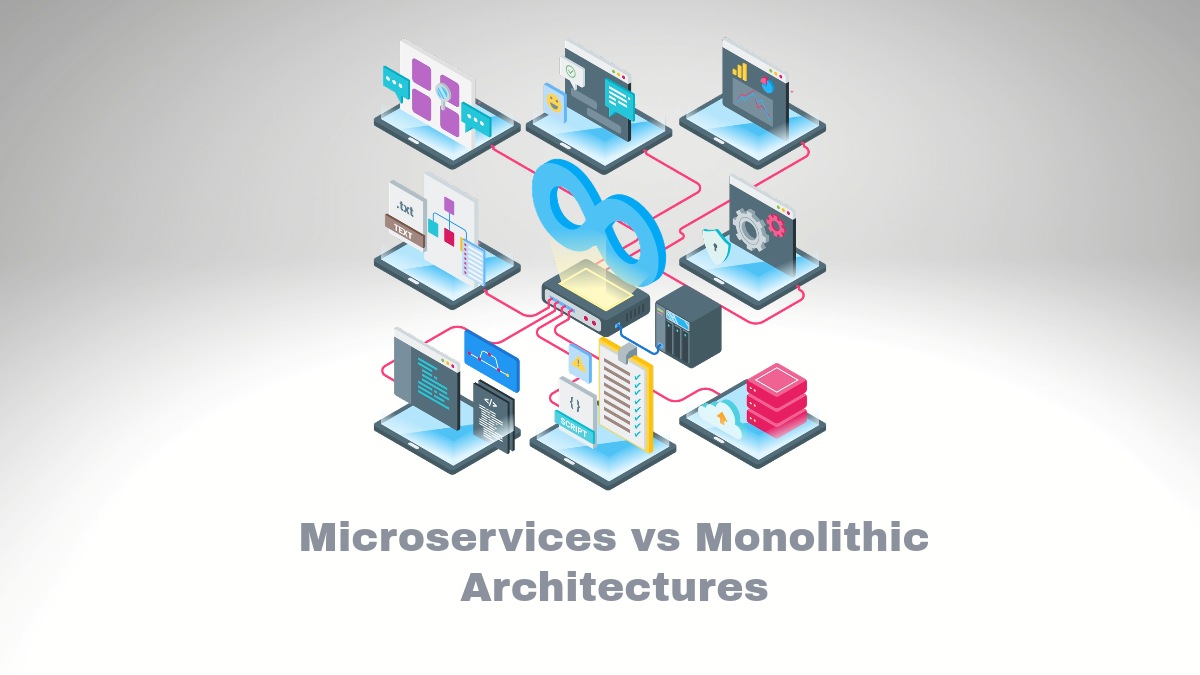DevOps for Microservices: Enhancing Scalability in Startup Environments

In the dynamic and competitive landscape of startups, the strategic integration of microservices architecture with DevOps practices has emerged as a pivotal driver for achieving scalability, flexibility, and operational efficiency. This article delves into the intricate synergy between DevOps principles and microservices in startup environments, elucidating how this combination propels rapid growth and adaptability.
Comprehending Microservices Architecture in the Startup Context
Microservices architecture, characterized by the disaggregation of monolithic applications into smaller, independently deployable services, offers startups a modular and agile approach to software development. This decentralized structure enables startups to develop, deploy, and scale distinct components autonomously, providing a responsive framework for the dynamic needs of startup environments. To fully harness the potential of microservices, the incorporation of DevOps practices becomes instrumental.
So, in navigating the intricate landscape of microservices and DevOps integration for startups, hiring a skilled DevOps engineer is paramount to ensure the seamless orchestration of these principles. For expert assistance, visit https://lemon.io/hire-devops-engineers/.
The Integral Role of DevOps in Scaling Microservices
Automated Deployment and Continuous Integration (CI)
DevOps underscores the imperative of automating development and deployment processes. Continuous Integration (CI) pipelines become indispensable, automating the building, testing, and deployment of microservices, ensuring seamless integration of changes into the overall system.
Containerization and Orchestration
The advent of containerization, exemplified by technologies such as Docker, offers startups a lightweight and consistent environment for microservices. DevOps complements this with orchestration tools like Kubernetes, streamlining the management and dynamic scaling of containers for optimal resource utilization.
Scalability and Load Balancing
Microservices inherently facilitate the independent scaling of specific application components. DevOps principles contribute by enabling the implementation of auto-scaling mechanisms, dynamically allocating resources based on demand, and incorporating load balancing strategies to optimize performance.
Infrastructure as Code (IaC)
Manual infrastructure management poses challenges for startups seeking rapid scalability. DevOps introduces Infrastructure as Code (IaC), allowing startups to define and provision infrastructure through code, ensuring consistency across diverse environments and simplifying the scaling process.
Addressing Challenges and Implementing Solutions in Microservices Scaling with DevOps
While the amalgamation of microservices and DevOps offers significant advantages, it also presents challenges unique to startup environments:
Complexity of Microservices Ecosystem
DevOps practices mitigate the complexity of microservices ecosystems by providing visibility, monitoring, and responsive mechanisms to address potential issues swiftly.
Ensuring Consistency and Version Control
DevOps tools automate versioning and deployment processes, minimizing the risk of compatibility issues in a scenario where multiple microservices are developed concurrently.
Monitoring and Debugging Across Microservices
Comprehensive monitoring, logging, and centralized dashboards, as advocated by DevOps, facilitate efficient issue detection, diagnosis, and resolution in distributed microservices environments.
Best Practices for DevOps Implementation in Microservices Startups
Establish a Robust Foundation
Lay the groundwork by fostering clear communication, defining coding standards, and instituting a reliable CI/CD pipeline as the cornerstone for successful DevOps and microservices integration.
Embrace Automation
From code integration to deployment, automate processes extensively to mitigate the risk of human error and expedite development and release cycles.
Prioritize Monitoring and Observability
Robust monitoring tools should be implemented to gain insights into the performance and health of each microservice, enabling proactive issue identification and resolution.
Ensure Security from Inception
Integrate security practices into the DevOps pipeline, conducting regular security audits, and ensuring adherence to organizational security policies.
Encourage Cross-Functional Collaboration
The essence of DevOps extends beyond tools to embrace a cultural shift. Foster collaboration between development, operations, and relevant teams, cultivating a shared responsibility and commitment to continuous improvement.
Final Words: Paving the Path for Growth with DevOps and Microservices
In the relentless pursuit of innovation and competitive advantage, the strategic fusion of DevOps principles with microservices architecture positions startups at the forefront of scalability and adaptability. By embracing a culture of continuous improvement and learning, startups can leverage the symbiotic relationship between DevOps and microservices to not only scale applications rapidly but also to foster innovation and maintain a competitive edge in the dynamic startup landscape.




Comments